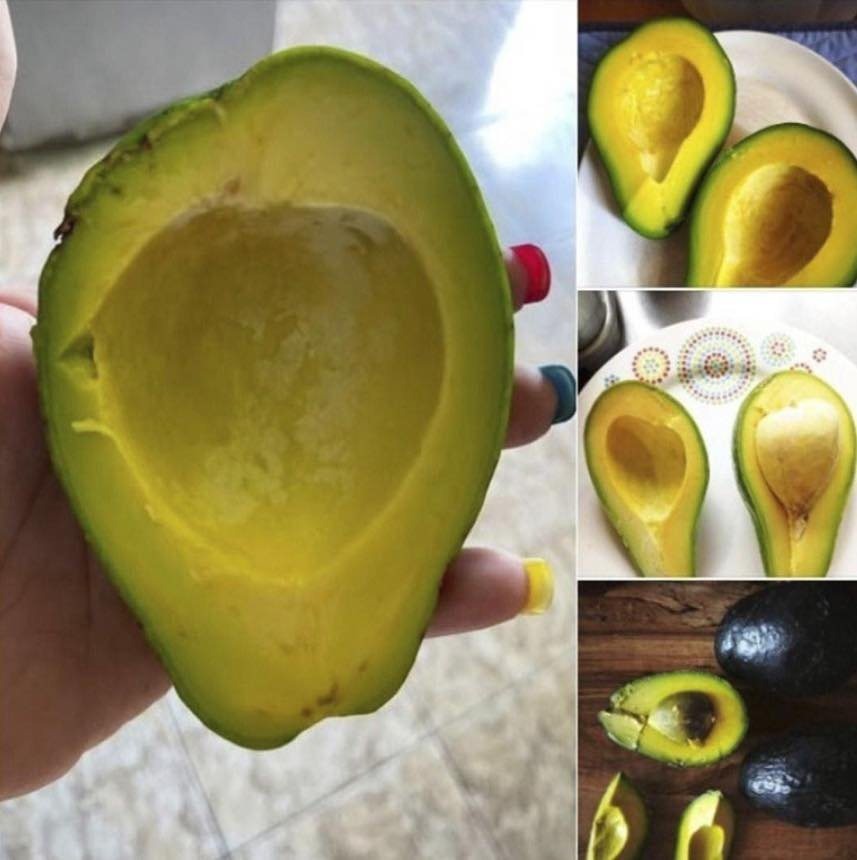Avocado is a potassium bomb: one medium-sized fruit provides 975 mg, almost 20% of the recommended daily intake (4,700 mg, WHO). This mineral regulates blood pressure and fluid balance, protecting the kidneys in the long term. A study in the Journal of Renal Nutrition (2024) found that potassium-rich diets reduced the risk of kidney stones by 15% over 10 years by alkalizing urine.
But there’s a downside: in people with chronic kidney disease (CKD), the kidneys don’t filter potassium well. Excess potassium can accumulate, causing hyperkalemia, with symptoms such as arrhythmias and fatigue, according to Kidney International (2023). For those who consume avocado daily—a common habit in Mexico, where 2.5 million tons are produced annually (SIAP, 2024)—monitoring is key if there is pre-existing kidney damage.
Healthy Fats: Protection with Limits:
Avocados are notable for their monounsaturated fats (15 g per fruit), which lower LDL cholesterol and inflammation. This indirectly reduces kidney burden, as hypertension and atherosclerosis damage renal vessels over time. An analysis in Nutrients (2024) showed that replacing saturated fats with avocado improved kidney function by 10% in healthy adults after five years.
However, its caloric density (160 kcal per 100 g) can be a problem. Being overweight puts stress on the kidneys, and chronic overindulgence—such as eating a whole avocado daily without balance—increases the risk of compromised kidney filtration by 8% over a decade (American Journal of Kidney Diseases, 2023). Moderation is the key.
Oxalates: A Little-Known Risk:
Continued on next page
ADVERTISEMENT

